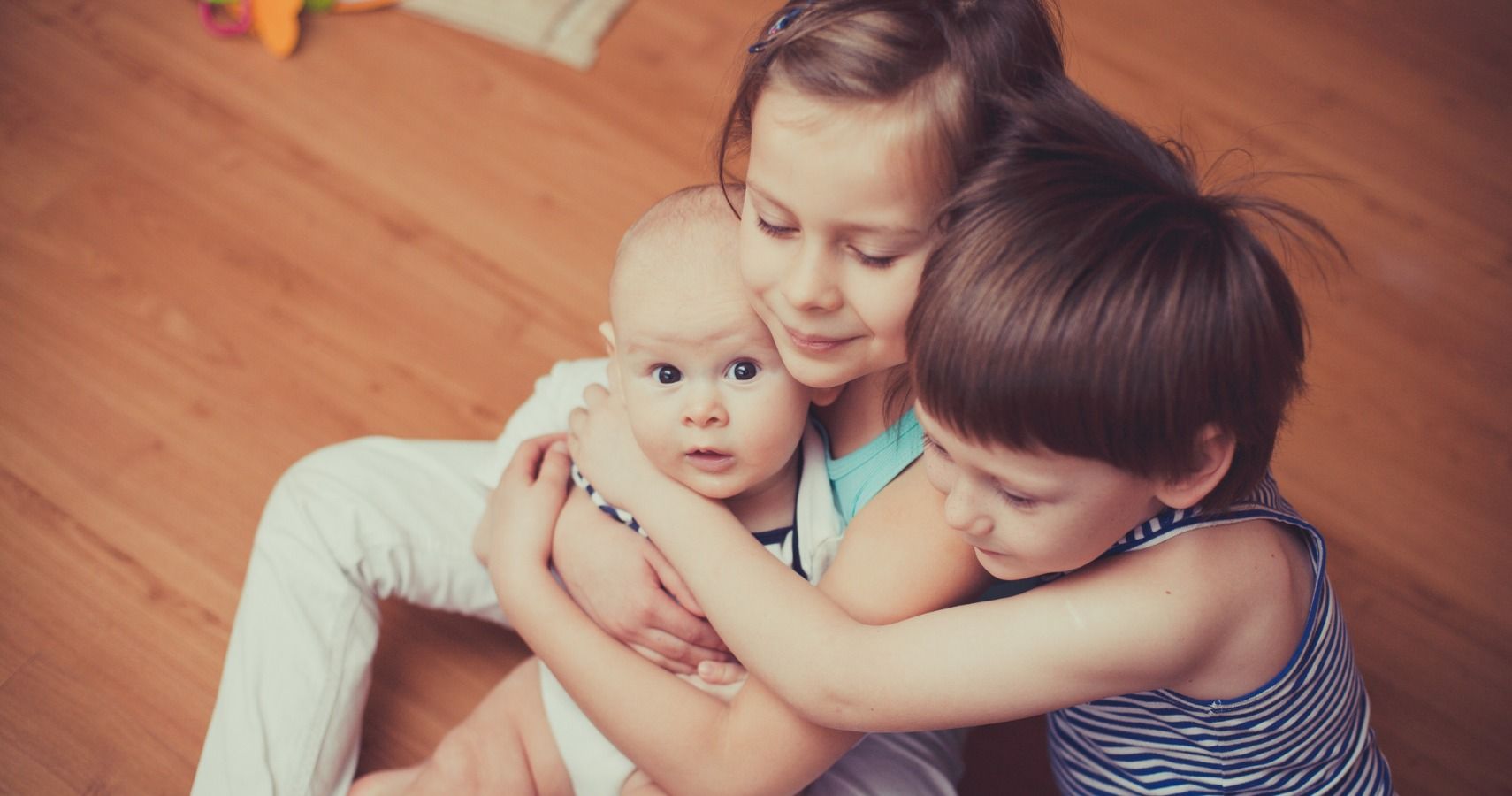While there might be a lot of people who will protest (or at least challenge) the findings of this study, first-born children have another reason to gloat. There’s new research that suggests the oldest children in the family are usually much smarter than their younger siblings.
A study conducted at the University of Edinburgh in Scotland says that older kids have the edge over their younger brothers and sisters, at least when it comes to their intelligence. One of the reasons why is because a first-born usually gets more directions, instructions and monitoring than their counterparts. While moms and dads usually give their first-borns more attention, this leaves the second or third-born children a chance to revel in their freedom.
PREVIOUSLY: Younger Siblings Are The Funniest, Or At Least They Think They Are
The study also says that first-born children tend to have better scores on their IQ tests. The researchers further noted that parents usually give their second, third and fourth-born children less mental stimulation than their first.
For example, they might spend less one-on-one time with them or do fewer activities and crafts. This is mostly in part because there’s an older sibling who is there to play with their younger brother and sister instead. As a result, these younger children learn from their siblings and not from their parents. They are also exposed to the child-like speech of their siblings rather than from their parents.
The report said, “Although all children received the same levels of emotional support, first-born children received more support with tasks that developed thinking skills.”
In addition, many women take more risks with each pregnancy they have. Whereas many first-time mothers are vigilant with what they eat, what activities they participate in and how they take care of their overall health, that’s not always the case the second or third time around. The study found that many mothers tend to be more relaxed and drink or smoke more than during their first pregnancy. This also has an impact on a child’s development, especially while they are still in the womb.
So there you have it. Younger siblings have another reason to dislike their older brothers and sisters for not only refusing to share their toys but having a better IQ score than them, too.
READ NEXT: New Research Shows Just How Important Having Siblings Are

